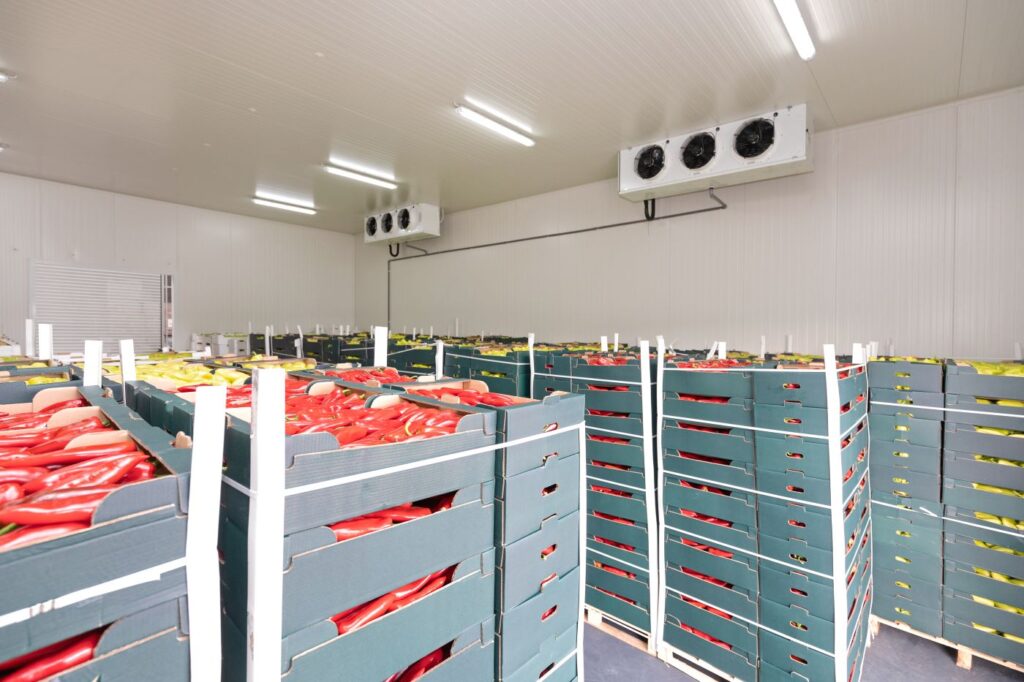The Growing Problem of Food Waste
New Zealand, including the Canterbury region, is grappling with a significant challenge: food waste. A substantial portion of the food produced is discarded, contributing to economic losses and environmental harm. Commercial refrigeration in Canterbury is becoming an increasingly important factor in combatting food waste.
The Importance of Refrigeration
Refrigeration is a cornerstone of modern food preservation. Creating a controlled cold environment slows the growth of bacteria, mould, and yeast, extending food life.
However, ineffective refrigeration can accelerate spoilage, exacerbating the food waste problem.
The Scale of Food Waste in Canterbury
Economic Implications
The economic impact of food waste in Canterbury is substantial. Businesses incur losses from unsold products, while consumers face higher costs.
Additionally, resources invested in food production, transportation, and storage are wasted when food ends up in the bin. The disposal of food waste also adds to the financial burden for waste management services.
Environmental Consequences
Food waste contributes significantly to environmental degradation. Landfilled food decomposes, releasing methane, a potent greenhouse gas.
The cultivation and transportation of food consume vast amounts of water and energy, which are wasted when food is discarded. Canterbury’s pristine environment is at risk from the cumulative impact of food waste.
The Role of Refrigeration in Food Preservation
The Science Behind Refrigeration
Refrigeration works by creating a cold environment that inhibits the growth of microorganisms responsible for food spoilage. By slowing down their activity, it extends the shelf life of perishable products.
Optimal Temperature and Storage
Different foods require specific temperature ranges for optimal preservation. Meat and dairy products typically require colder temperatures than fruits and vegetables.
Proper storage practices, such as avoiding overcrowding and cross-contamination, are essential.
Common Refrigeration Mistakes and Their Impact
Several common refrigeration mistakes contribute to food waste. Overcrowding prevents cold air circulation, creating warm spots where bacteria can thrive.
Improper storage, such as placing raw meat above other foods, increases contamination risks. Temperature fluctuations caused by frequent door openings or equipment malfunctions accelerate food spoilage.
Refrigeration and Food Safety
The Interconnectedness of Food Safety and Waste
Food safety is intrinsically linked to food waste. Improper food handling and storage increase the risk of contamination by harmful bacteria, leading to foodborne illnesses. These illnesses not only impact public health but also result in economic losses for businesses due to product recalls and damage to reputation.
Best Practices for Safe Food Handling
Adhering to strict food handling and storage guidelines is crucial for preventing foodborne illnesses and reducing food waste. This includes proper thawing, cooking, and reheating of food, as well as maintaining clean kitchen environments.
Case Studies: The Impact of Poor Refrigeration
Numerous case studies highlight the consequences of inadequate refrigeration. For example, [Insert case study of a foodborne illness outbreak linked to improper refrigeration]. These instances underscore the importance of effective refrigeration in protecting public health and preventing food waste.

Reducing Food Waste Through Refrigeration in Canterbury Businesses
Commercial Refrigeration Best Practices
Canterbury’s food industry, including supermarkets, grocery stores, and restaurants, can significantly reduce food waste through effective refrigeration.
Implementing inventory management systems, optimising product display, and using energy-efficient equipment are crucial steps.
Success Stories from Canterbury Businesses
Several Canterbury businesses have successfully implemented strategies to reduce food waste through refrigeration. [Insert case studies of local businesses]. These examples demonstrate the potential for significant reductions in food waste within the commercial sector.
Reducing Food Waste Through Refrigeration in Canterbury Households
Home Refrigeration Tips
Households can make a significant impact on food waste by optimizing home refrigeration. Maintaining the refrigerator at the recommended temperature, organizing food effectively, and meal planning are essential practices.
The Role of Composting
Composting food scraps is a sustainable way to manage unavoidable food waste. It diverts organic matter from landfills, creating nutrient-rich compost for gardens.
The Economic Benefits of Reducing Food Waste
Financial Implications for Households and Businesses
Reducing food waste translates to substantial financial savings for both households and businesses. Consumers spend less on groceries, while businesses increase profits by minimizing product loss.
Economic Growth Opportunities
Investing in food waste reduction initiatives can stimulate economic growth. The development of new technologies and services in waste management, food recovery, and food processing creates job opportunities.
The Environmental Benefits of Reducing Food Waste
Mitigating Climate Change
Food waste contributes to climate change through methane emissions from landfills. Reducing food waste helps mitigate this impact.
Preserving Resources
Efficient food use conserves water and energy resources. By reducing food waste, we protect valuable natural resources.
Refrigeration is a powerful tool in the fight against food waste in Canterbury. By understanding the role of refrigeration and adopting sustainable habits, individuals and businesses can make a significant difference.
Continued efforts, including research, education, and supportive policies, are essential for a sustainable future.